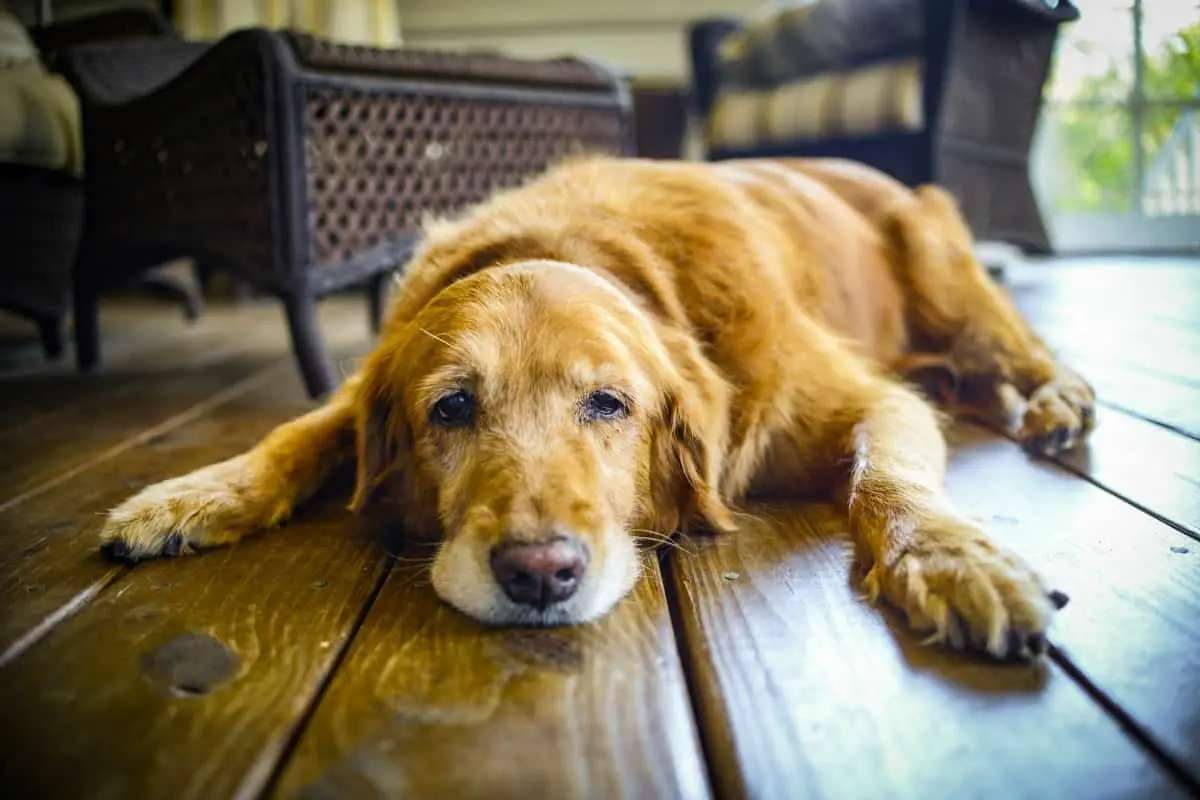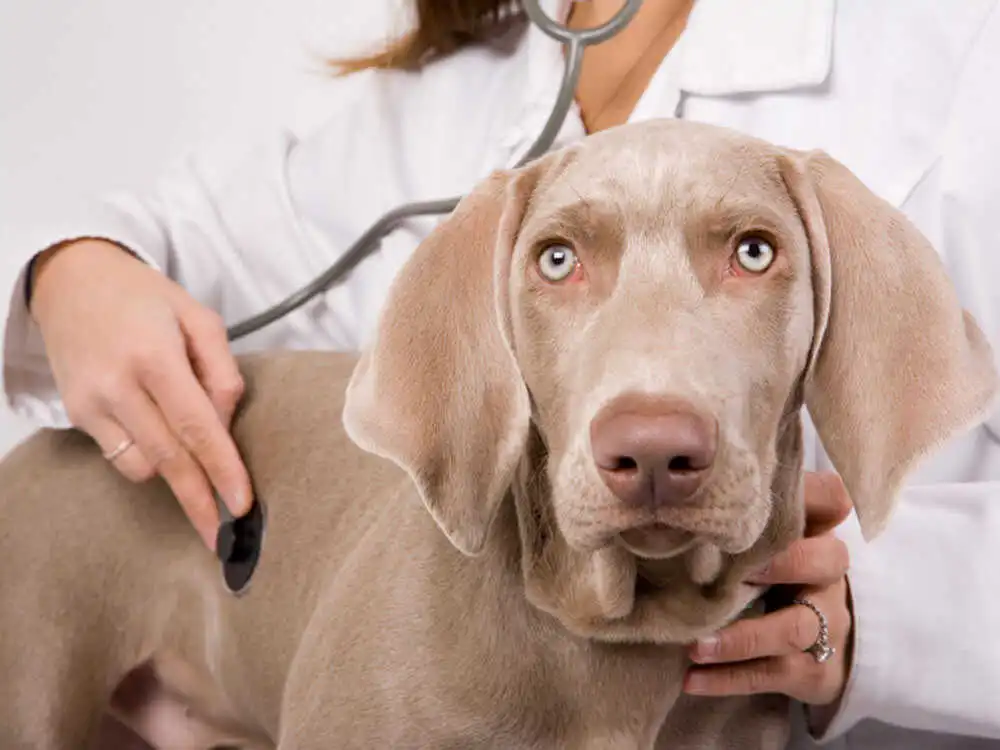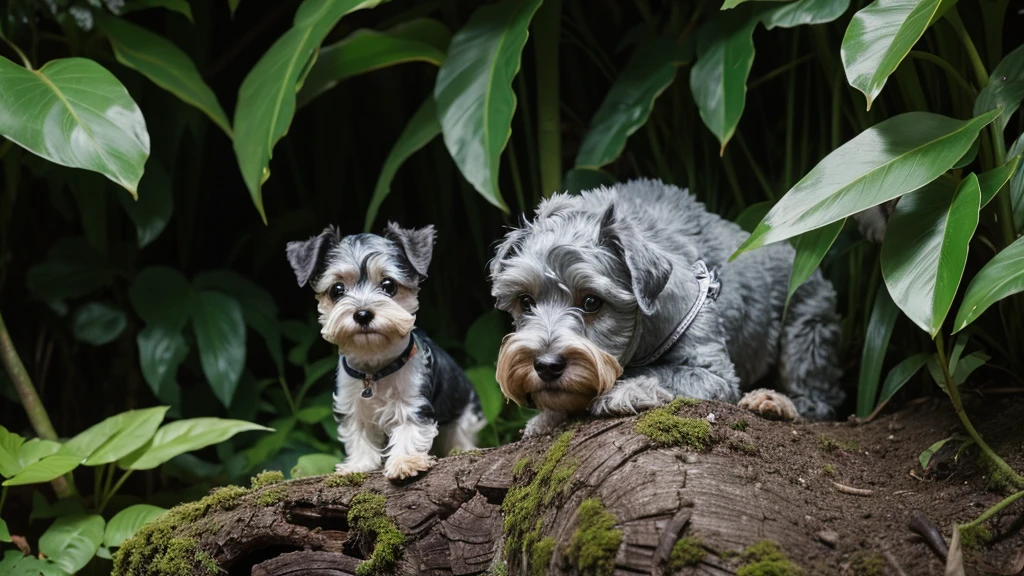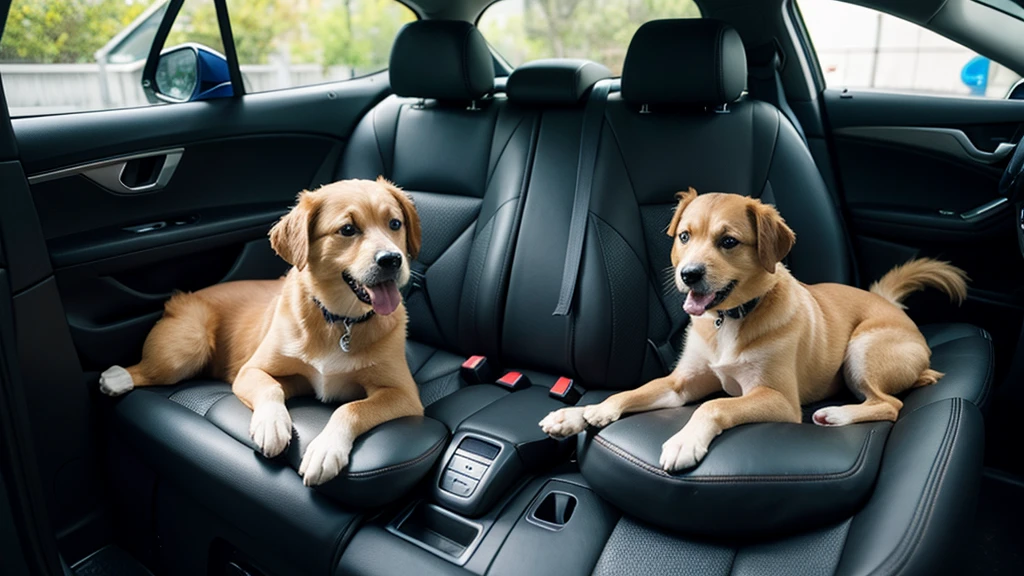Keeping Your Senior Dog Happy and Healthy
Senior dog age just like us, and with age come changes in their bodies and needs. As a loving dog owner, it’s important to recognize these changes to provide optimal care for your senior dog.
Spotting the Signs of Aging in Dogs
Every dog ages at its own pace, influenced by breed, size, genetics, and overall health. However, some common signs appear as your canine companion gets older. These include decreased energy levels, reduced mobility, poorer vision, and hearing loss. By being observant of these changes, you can take steps to address your dog’s evolving needs.
Understanding the Aging Process in Dogs
As dogs age, their bodies undergo internal changes, similar to what we experience ourselves. Consequently, their organs may not function as efficiently as before. This can make them more susceptible to becoming overweight, developing diabetes, and facing other age-related health problems. In addition to these internal changes, older dogs may also experience stiff joints, dental issues, and even some confusion.
Nutrition for Senior Dogs
Just like us, our furry friends need healthy food as they get older. Their needs change, so they might need a different kind of food than they ate as a puppy. Senior dog food is specially made to give them the right nutrients they need now. This can help them stay at a healthy weight and manage any health problems they might have. Talk to your vet about the best food for your senior dog, considering their specific health and what they like to eat.
Keeping Your Senior Dog Active
Even though older dogs might get tired more easily, regular exercise is still super important for their health and keeping them mobile. Moving their bodies helps them stay at a healthy weight, builds strong muscles, and keeps their joints flexible. But it’s important to choose activities that fit your dog’s abilities. Gentle walks, short playtime, and swimming are all great ways to get them some exercise without putting stress on their aging joints.

Regular Veterinary Checkups for Senior Dogs
Just like us, senior dogs need regular checkups at the vet to stay healthy. As they age, they’re more likely to develop health problems. These checkups help vets catch any issues early on, when they’re easier to treat. Sometimes, your dog might need extra tests like bloodwork or X-rays to get a complete picture of their health.
Importance of Grooming for Senior Dogs
Regular grooming helps maintain healthy skin and fur in senior dogs by removing loose fur, improving blood circulation to the skin, and promoting dental health. Use a moisturizing shampoo formulated for senior dogs.
Senior Dog Comfort
As our furry friends get older, their bodies adjust to their surroundings a little slower. To keep them comfy and safe, here are some simple ways to adjust your home:
- Cozy Resting Spots: Provide a soft, comfy bed that’s easy for your dog to climb in and out of. An orthopedic bed with extra support can be a great choice for achy joints.
- Safe Footing: Slippery floors can be a tripping hazard for senior dogs with balance problems. Place throw rugs or mats around your home to give them better traction.
- Easy-Reach Essentials: Make sure your dog’s food and water bowls are easy to reach. You might need to lower them or put them on raised platforms if bending down is difficult.
- Helping Paws: Jumping on furniture or climbing stairs can be tough for older dogs. Ramps or stairs with a gentle slope can help them navigate your home safely.
Conclusion: A Rewarding Journey
Taking care of an older dog requires a big heart, some understanding, and a willingness to help them out. As our furry friends age, their needs change. By recognizing these changes, you can make sure they stay happy and healthy well into their senior years.



